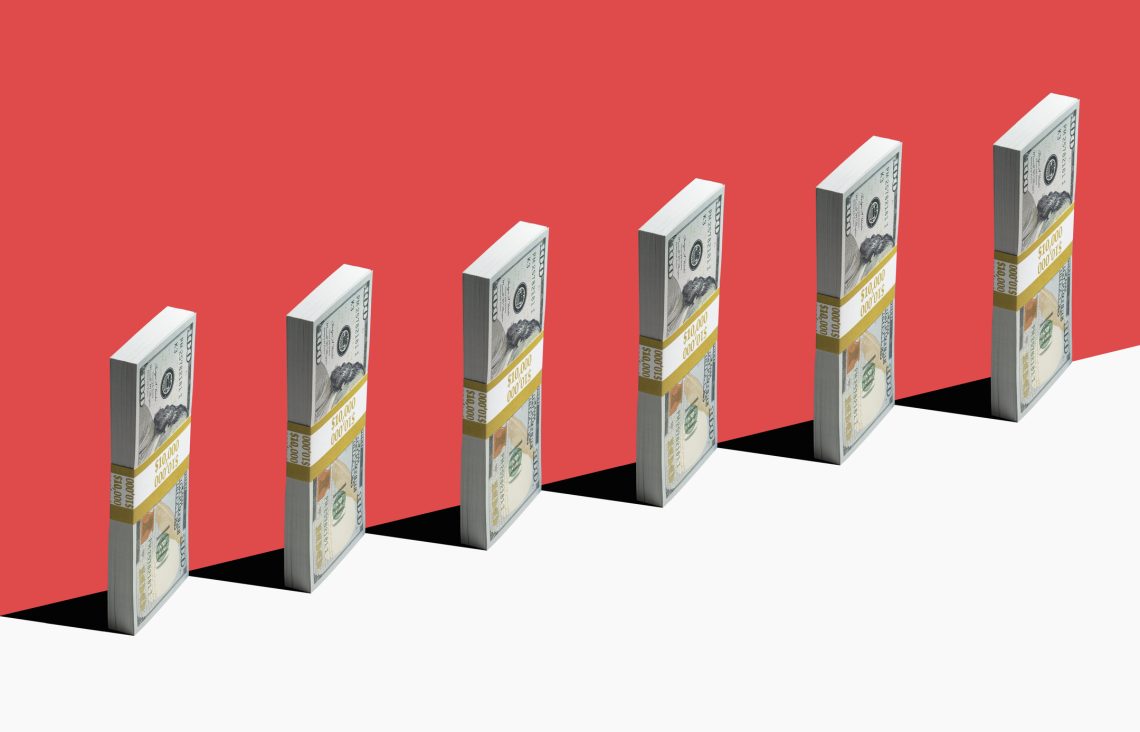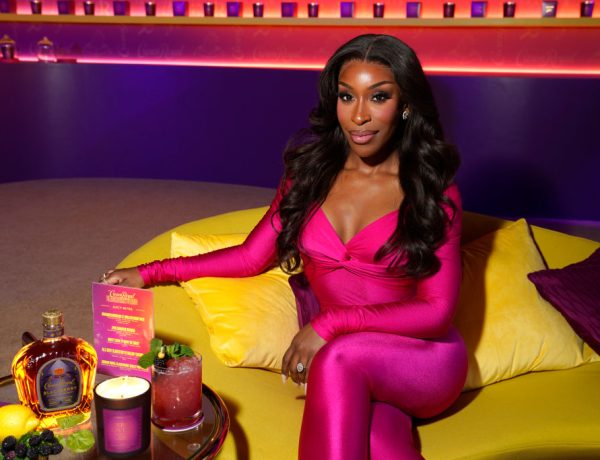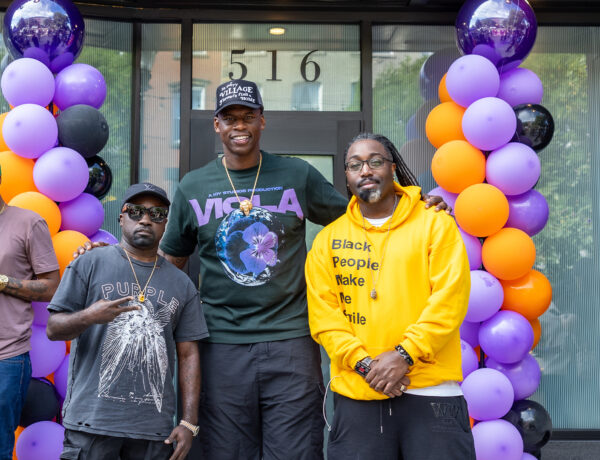As Americans race toward yet another nail-biter of a presidential election, things like inflation and cost of living continue to rise at a seemingly untenable rate. Many people have been forced to cut back on necessities, pay bills late or even resort to living in cars and tents to try to survive this stifling economic climate. After only a few short years, it seems as though the YOLO economy has officially come to an end. For those not in the loop, the YOLO economy was a period of prosperity borne of the COVID-19 pandemic, which allowed many Americans to spend with reckless abandon for a few short years.
Now that the era of YOLO seems to be going the way of the dodo bird, it seems like as good a time as any to examine what the economic system entailed, where the term comes from, and why financial trends have shifted the landscape in the way that they have. Without any further preamble, let’s unpack the history of the YOLO years, and see if we can predict what comes next for those facing economic hardship.
What Is YOLO?
YOLO is an acronym for the expression “you only live once.” In pop culture, the term is basically used to describe a person’s feelings toward taking risks, living out their dreams, and experimenting with new things. The expression is interchangeable with other social platitudes like “live your best life” and “you miss 100 percent of the shots you don’t take.” While YOLO has technically been used since the early 1990s, the term became popularized in the early 2010s by Toronto rapper Drake. Specifically, the acronym was uttered multiple times in the multi-platinum selling song “The Motto” by Drake, Lil Wayne, and Tyga.
What Is The YOLO Economy?
As it relates to the economy, YOLO can be compared to another popular adage, “use it or lose it.” The YOLO economy basically comes from pandemic-era spending habits, which were informed by a popular sense that any one of us could drop dead at a moment’s notice. During the pandemic, people were radicalized by the realization that life is too short to be saving money for a future that may never arrive. As a result, citizens across the nation were recklessly upgrading their homes, amenities, cars, and indulging in other luxury purchases.
This was compounded by stimulus boosts, which offered most Americans access to one-time payments of $1,400, as well as a $600 weekly unemployment boost for those who lost jobs due to the global lockdowns. Starting in March of 2020, many Americans who previously saw themselves constantly overworked and undervalued suddenly had access to more free time than ever before, and a steady stream of reliable income burning a hole in their pockets. While most people returned to work some time in 2021, the pandemic-era thinking regarding finance continued to prevail until fairly recently. In the years since the lockdowns, trends seem to indicate that people have been treating themselves with more impulse purchases, burning through savings, and prioritizing mental and emotional health over workplace productivity.
Why Is The System Coming To An End Now?
Simply put, the YOLO economy seems to be petering out in its final days because Americans have accepted a so-called “new normal.” In essence, the party is over, the savings have run dry, and we’re all coming up on the sobering realization that we still have long-term bills that need to be paid. Plus, inflation and an ever-rising cost of living have made it all but impossible to spend without a care, as even the most well-off individuals scramble to secure long-term affordable housing.
While it’s certainly prudent to take a step back from impulse purchases and ameliorate one’s savings, the death of the YOLO economy is taking its toll on the overall financial success of the entire nation. The economy functions at its best when populations are thriving and spending money. Purchases of goods and services, at least in theory, circulate currency throughout the entire community, allowing business owners to pay their employees better, which in turn leads to more purchasing power. If everyone starts to go broke around the same time, there’s. a significant decrease in cash exchanging hands, meaning the economy slows down for everyone.
Striking A Balance
Unfortunately, it seems that not much was learned from the YOLO era, as many Americans are back to struggling financially, forcing them to prioritize their work over their happiness. While the YOLO economy didn’t promote prudent long-term spending, there’s certainly merit to putting things like family and wellness over your identity as an employee. Moving forward, the best course of action would see Americans finding a healthy middle-ground, allowing us to spend when we can and save what we should. As it stands, the YOLO economy may have just been a blip on the radar, but there were real life lessons to be found within those margins.





